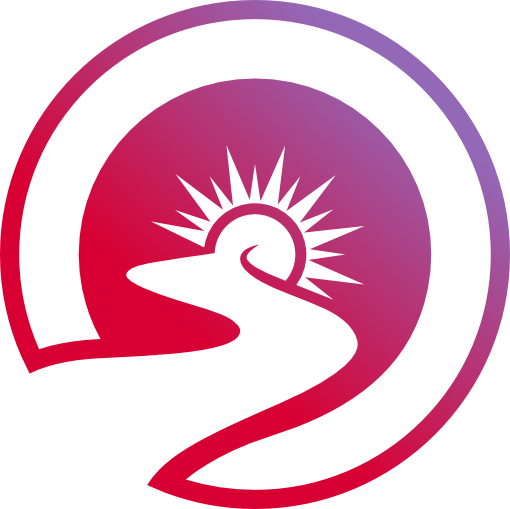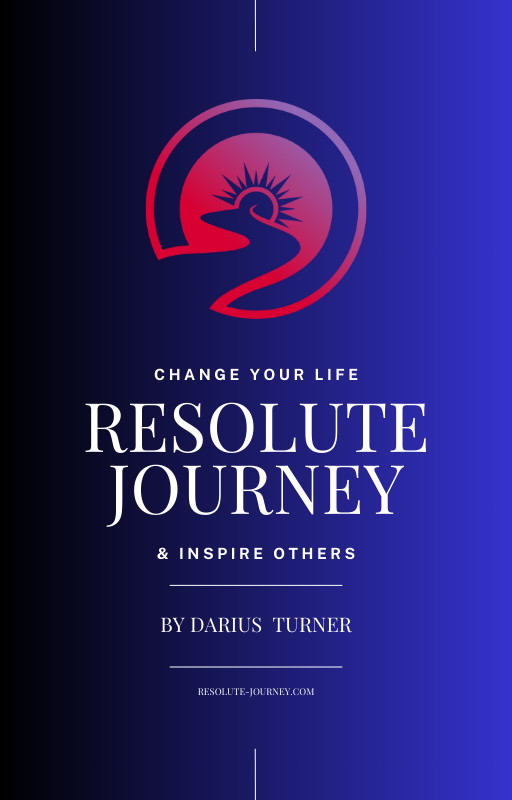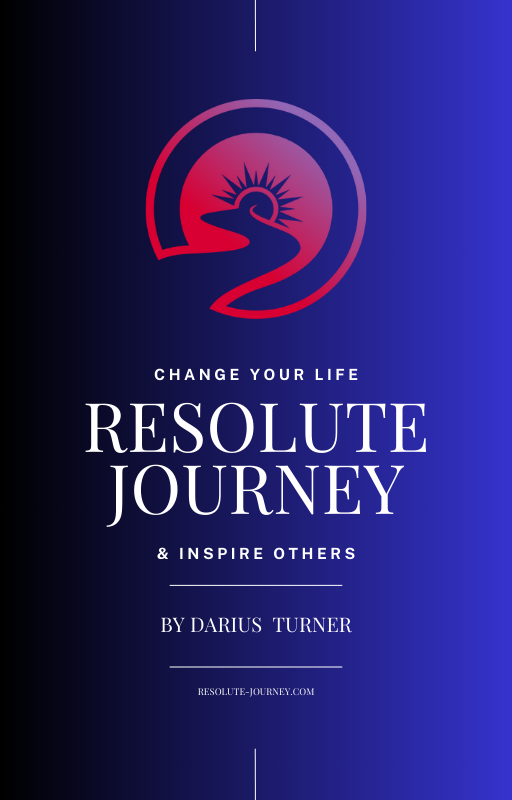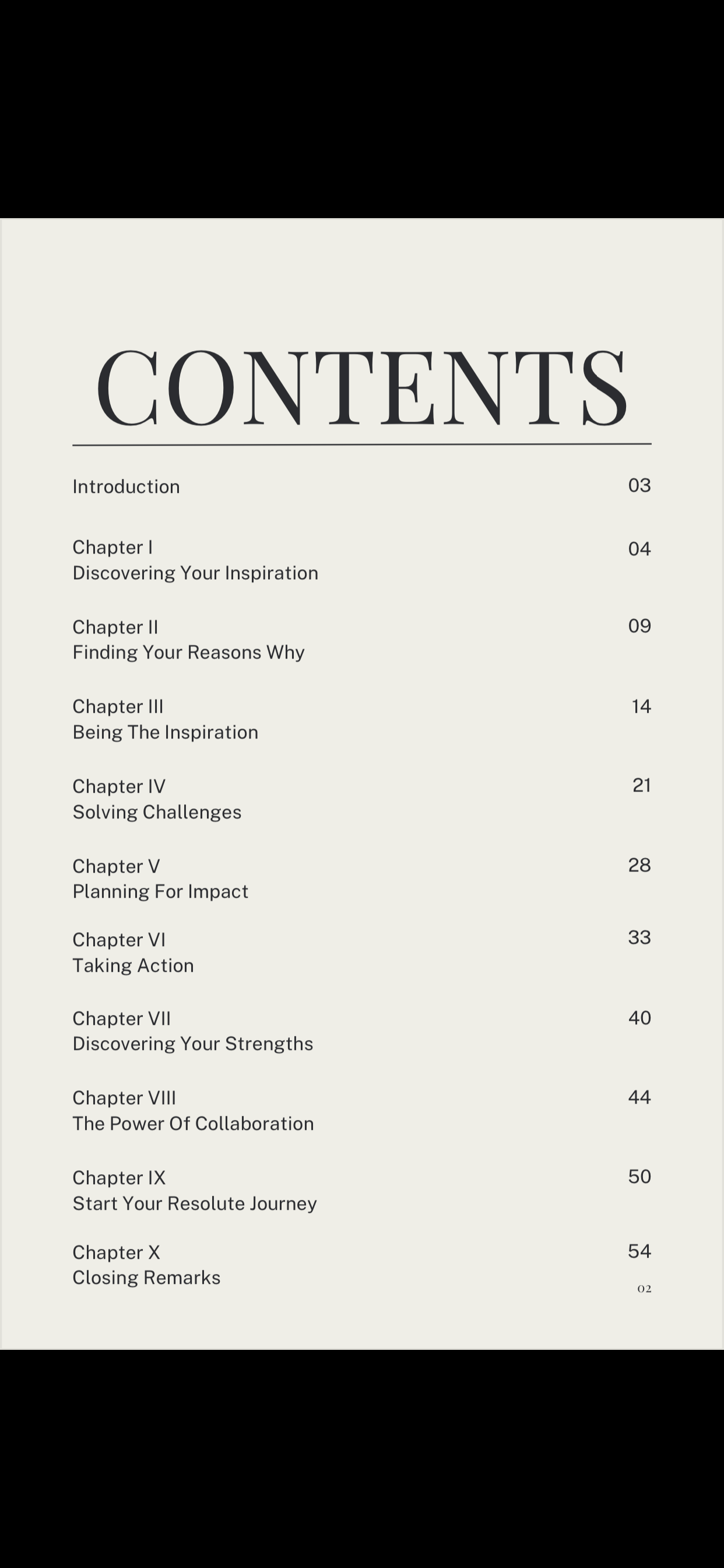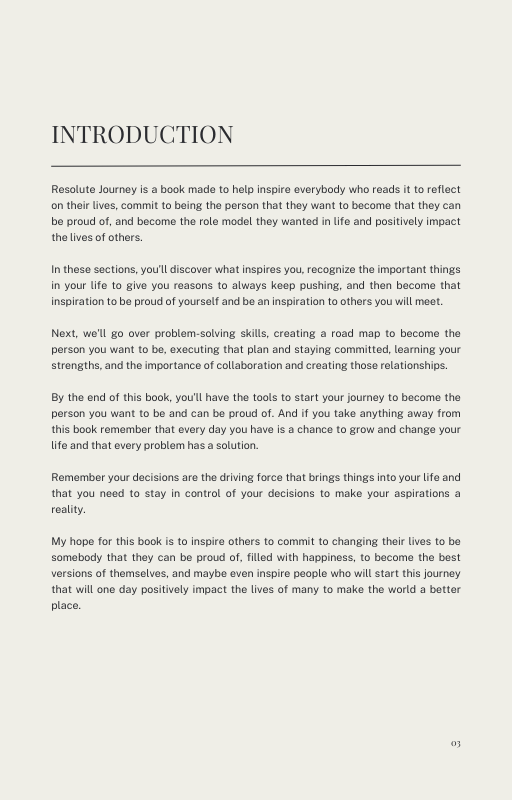In the grand narrative of human progress, few phenomena have reshaped our lives as dramatically as technology. From the invention of the wheel to the printing press, from steam engines to the internet, each innovation has redefined the human experience. In today's world, however, the double-edged sword of technology is particularly conspicuous in the way it influences our ability to concentrate.
The rise of digital distractions in our technologically driven society has fundamentally altered our cognitive landscape. It's not just a simple case of smartphones and social media capturing our attention, but rather an intricate interplay between human psychology and the digital world. In this blog, we delve into the profound impact of technology on our ability to focus and explore strategies to regain our concentration in this distracting age.
The Digital Dilemma: How Technology Affects Focus
- Constant Connectivity: Our digital devices are always within arm's reach. This unprecedented level of connectivity means our minds are perpetually engaged with notifications, messages, and alerts, creating a chronic state of interruption.
- Multitasking Misconception: Multitasking, a common practice in today's digital world, is a myth. The human brain is not wired to efficiently juggle multiple tasks. It results in reduced focus and overall productivity.
- Shortened Attention Span: The constant exposure to bite-sized information through social media and instant messaging has been shown to decrease our ability to focus on long-form content or complex tasks.
- Information Overload: The digital age has ushered in an era of information overload. The sheer volume of information available at our fingertips can lead to cognitive overload and a reduced capacity for sustained attention.
Strategies for Managing Digital Distractions
- Digital Detox: Designate specific times in your day when you disconnect from your digital devices. This period of "digital detox" allows your mind to rest and recharge.
- Prioritize Tasks: Allocate your most focused, undistracted time to your most important tasks. By organizing your day in this way, you can make the most of your peak concentration hours.
- Mindfulness and Meditation: Incorporate mindfulness practices into your daily routine. Mindfulness and meditation can help train your mind to stay present and improve your concentration.
- Create a Distraction-Free Zone: Designate specific areas in your workspace or home as "distraction-free zones" where digital devices are not allowed. This creates an environment conducive to deep work.
- Limit Social Media: Establish time limits for social media usage and be mindful of what you consume online. Curate your digital environment to be conducive to your goals and values.
Finding a Healthy Tech-Life Balance
- Self-Awareness: Understand your own relationship with technology. Recognize when you're most vulnerable to digital distractions and take steps to mitigate them.
- Set Boundaries: Define clear boundaries for when, where, and how you engage with technology. Setting limits on screen time can help you regain control over your focus.
- Engage in Analog Activities: Rediscover the joy of analog activities like reading physical books, going for walks, or having face-to-face conversations. These activities can help reset your mind and reduce the pull of digital distractions.
- Experiment and Adapt: There is no one-size-fits-all solution to managing technology's impact on focus. Experiment with different strategies, assess their effectiveness, and adapt your approach as needed.
Conclusion
Technology has revolutionized the way we live, work, and interact. However, it has also created challenges for our ability to focus and maintain attention. The key to navigating this digital distraction age lies in finding a balance between the benefits of technology and the need for deep focus. By understanding the impact of technology on our focus and implementing effective strategies, we can regain control over our cognitive abilities and lead a more balanced and fulfilling life in the digital age. It's not about rejecting technology but rather using it mindfully to enhance our lives rather than detract from them.
